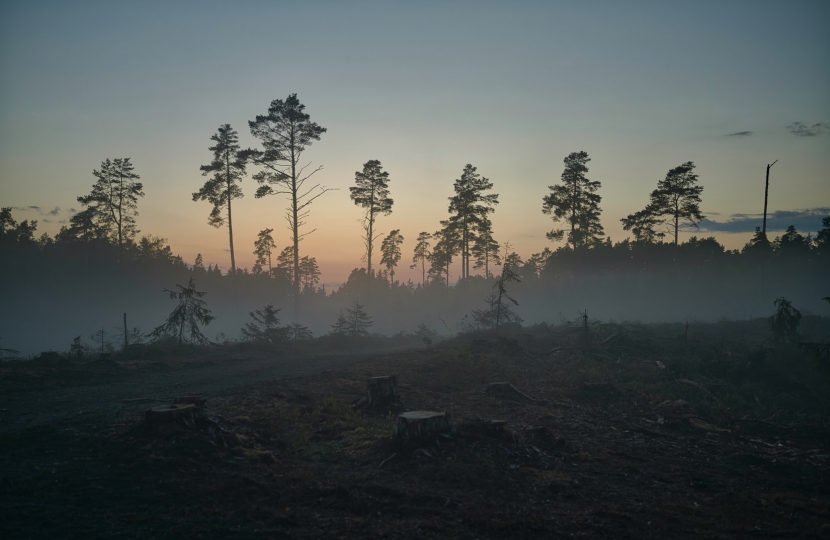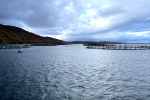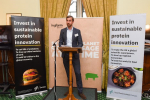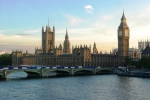
We are in the middle of a climate emergency and our eating habits beyond any doubt are one of the biggest contributors for climate change. To feed a growing global population, scientists are calling to radically change the food systems including recommendations to cut down meat consumption to reduce the impact on climate change. According to the Friends of the Earth, 14.5% of global climate changing gases are due to meat and dairy production , 50% of habitable land around the world is used to produce food and 8 bn animals are killed for meat every year in the UK. A special report by the UN’s Intergovernmental Panel on Climate Change (IPCC) in August 2019 describes how continuing on the current trajectory will lead to more droughts, soil erosion, wildfires and shrinking crop yields, whereas tackling the issue by reducing meat consumption and allowing land to return to forest would play a big part in tackling climate change as well as improving human health, reducing poverty and reversing global wildlife and habitat losses.
13 billion hectares of forest area are lost owing to land conversion for agricultural uses as pastures or cropland for both food and livestock feed crop production. A third of the world's cereal harvest and 90% of soya is grown to feed intensively-farmed animals, and because more and more ghost acres are needed each year, the animal-feed industry is cutting into tropical forests and other fertile habitats to expand its operations, primarily for export to Europe and the US.
Agriculture is the largest source of water pollution and usage. Tens of millions of litres of waste caused enormous damage to rivers and streams. One of the most surprising facts was that it takes 2,393 litres of water to make just one hamburger and 15,415 litres to make a steak. To put this into the context of the High Street, McDonalds alone uses almost 120bn litres of water every day to grow its burgers. Similarly, a cow drinks between 136 and 227 litres of water every day and despite the fact that cow’s milk is 87% water, and it takes around 4.5 litres of water to make a single litre of milk.
Environmental impact is not just felt on what happens on land, the oceans ecosystem is being destroyed due to demand for fish. Oceans wild fish are being emptied to feed farmed fish which are damaging to human health and destroying wildlife. Commercial fishing practices such as bottom trawling and long-lining are often cleared of the ocean floor of all life and destroy coral reefs. Thousands of bycatch animals are killed as a result of this practice. Coastal fish farms release faeces, antibiotics, parasites, and non-native fish into sensitive marine ecosystem.
It is clear that livestock farming has a huge environmental impact and contributes to land and water degradation, biodiversity loss, coral reef loss and deforestation. Reducing meat and dairy consumption is one of the key actions necessary to limit global temperature rises.
- Government must recognise and identify the true impact of intensive agriculture on the environment and ensure a comprehensive review of the carbon footprint and pollution that animal agriculture creates here and in other countries. Agriculture should be included in the Emissions Trading Scheme.
- Government should set tough, legally-binding targets for water use and reductions in pesticide use, volatile ammonia emissions and agricultural run-off into our waterways, and reducing grants for polluting farmers
- Policy should be designed to seek to reduce meat consumption through public procurement and increasing public support for farmers diversifying to plant based crops and producing low carbon food.










